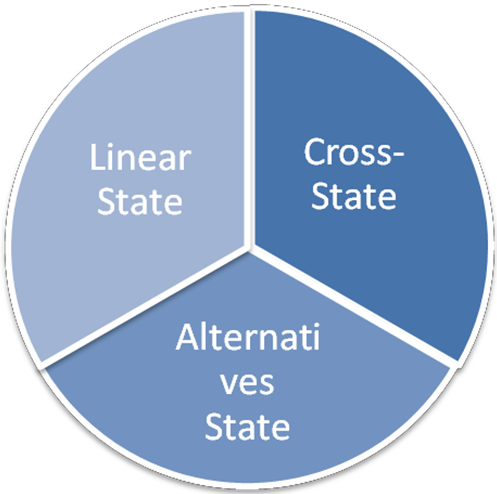A Coaching Power Tool created by Vidhyarthi S
(Behavioural Change Coach, INDIA)
What is being judgmental all about?
Every one of us is conditioned to perceive the world with a particular set of lenses. Our family, peer groups, educational systems and many more areas of life tend to have a deep impact on our ways of perception. We form certain core values, belief systems and ‘judgmental anchors’ as we begin to go about creating strategies and executing them in the pursuit of our life.
Being judgmental is evaluating people’s behaviors, skills, capabilities, experiences and so forth. Being judgmental is not just noticing and evaluating others’ behaviors; it is the act of using a ‘filter’ as often as one can to understand and make sense of anything around us. This filter can also be ‘logic’ as we understand it. Most often new ideas or imaginary solutions are evaluated using the filter of logic. Does that idea sound logical? It may appear that looking for logic is not being judgmental; however over time when one has traversed the journey from being judgmental to being non judgmental about values and belief systems, there will soon be clarity that logic too is a form of judgment. Logic is disguised judgment. Logic is a generally accepted value in the society. To be logical is considered to be good. However, it is also to be noted how being logical could also limit imagination, the power of dreams, the ability to break boundaries and think beyond the known horizons. Logic is also said to bring in a sense of certainty which is why for those intellectual thinkers, logic is a captivating comfort zone, for if they remove logic then there lies open the possibility of numerous possibilities which may be overpowering the need and sense for certainty.
Journey from being judgmental to being non judgmental
Not being judgmental to others begins with not being judgmental to oneself. Being non judgmental about oneself is a step that occurs after a considerable degree of awareness of
a. Who one is and what qualities describe him or her best
b. What values or belief systems one is driven by.
The awareness of the former is the opening to understanding the role each of these self imposed descriptors has on us judging ourselves.
Descriptor Maps is a power tool which is deployed in three states as described above. The exercises and questions in each of these states help create an understanding within the client about the role of judgment and self description in creating the desired outcomes.
Descriptor understanding: Linear state
The journey of evolution from being judgmental to being non judgmental begins by unraveling the set of most descriptive characteristics for the individual as identified by the individual himself.
The client begins by listing down the answers to the below questions
1. What are the qualities or characteristics about myself that have helped me in gaining consistent successes be it in personal life, career or any other walks of life
2. What are the qualities or characteristics about me which I see have created barriers to my performance in my personal or professional life
The above two exercises create a lucid understanding of the general evaluation the individual holds about himself or herself.
